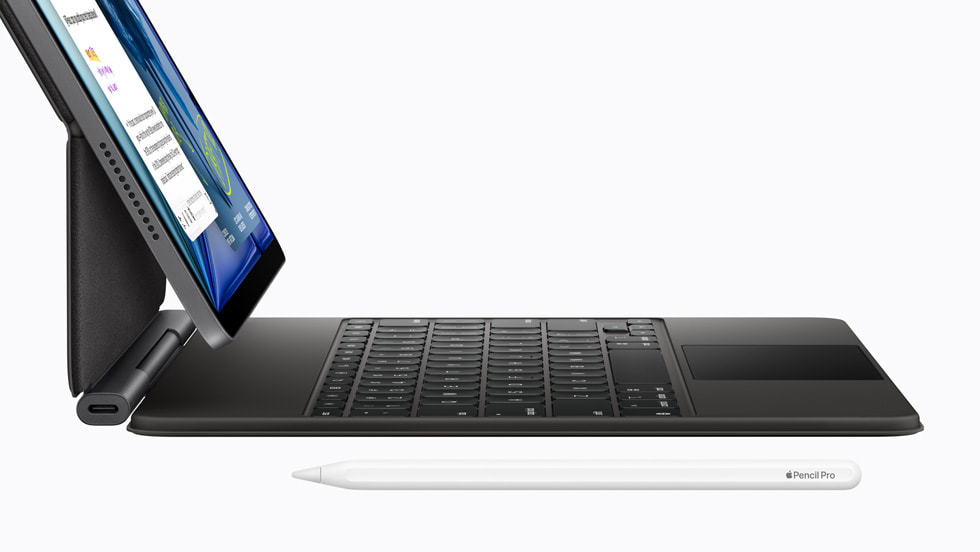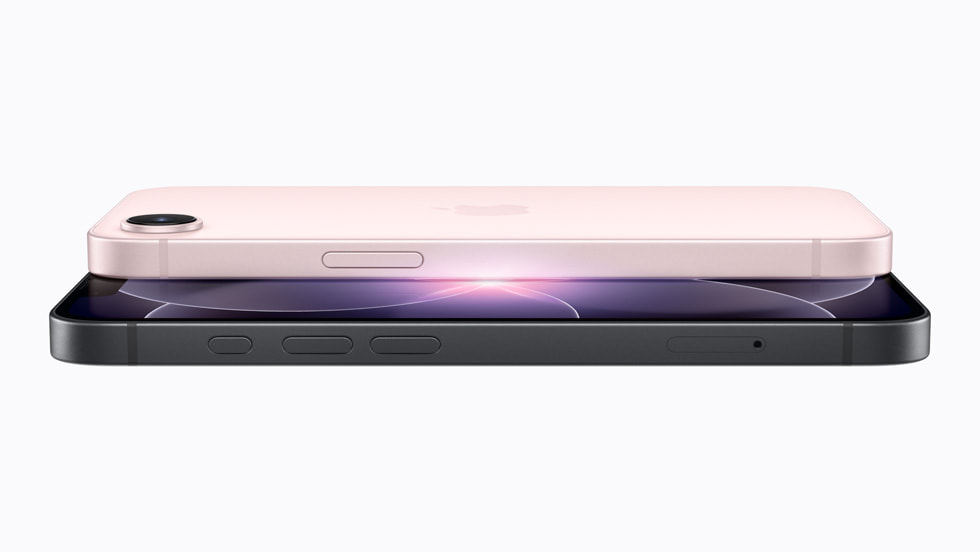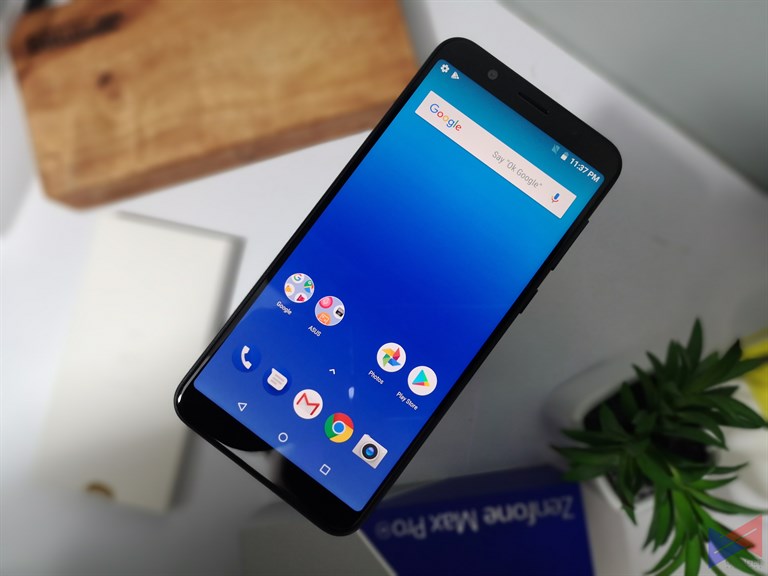 The Zenfone Max Pro M1 is one of the most-anticipated devices from ASUS. And it’s not hard to see why. It’s a combination of powerful mid-range hardware, a huge 5,000mAh battery, stock Android, and an unbelievably affordable PhP9,995 price tag.
The Zenfone Max Pro M1 is one of the most-anticipated devices from ASUS. And it’s not hard to see why. It’s a combination of powerful mid-range hardware, a huge 5,000mAh battery, stock Android, and an unbelievably affordable PhP9,995 price tag.
Unboxing
ASUS Zenfone Max Pro M1 Specs
[table id=80 /]
Design and Build Quality
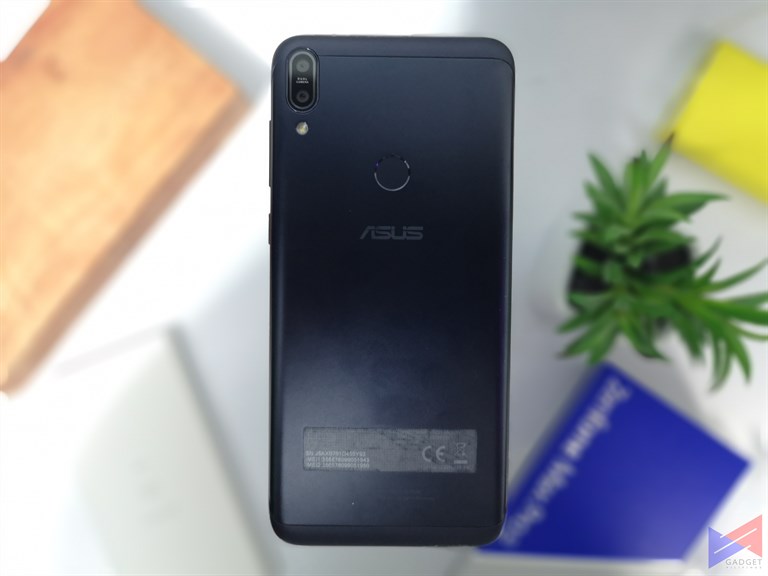 Looks-wise, the Zenfone Max Pro resembles the Zenfone 3 Zoom, with also a bit of the Zenfone Max Plus M1 – the matte finish at the back makes it easy to grip, which in turn makes one-handed operation a breeze.
Looks-wise, the Zenfone Max Pro resembles the Zenfone 3 Zoom, with also a bit of the Zenfone Max Plus M1 – the matte finish at the back makes it easy to grip, which in turn makes one-handed operation a breeze.
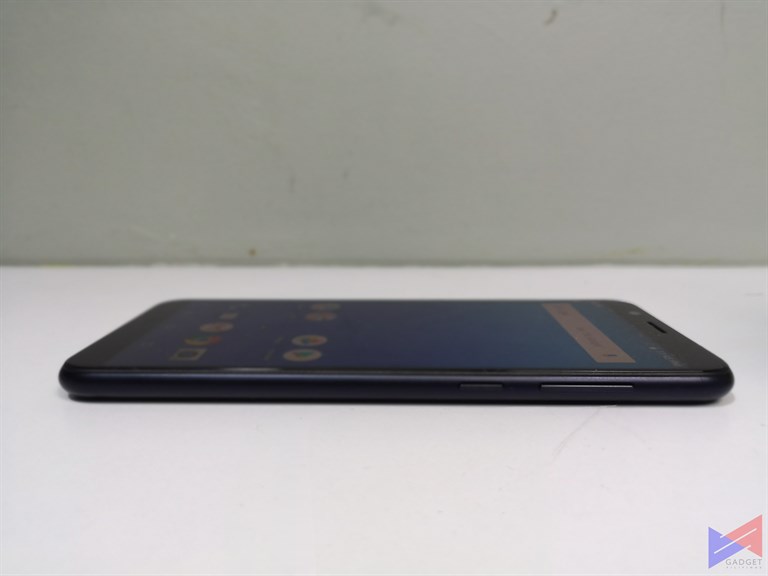 All the buttons are located on the right side and feel very tactile, while the left houses a triple slot tray. That means no need to sacrifice a SIM slot for your memory card.
All the buttons are located on the right side and feel very tactile, while the left houses a triple slot tray. That means no need to sacrifice a SIM slot for your memory card.
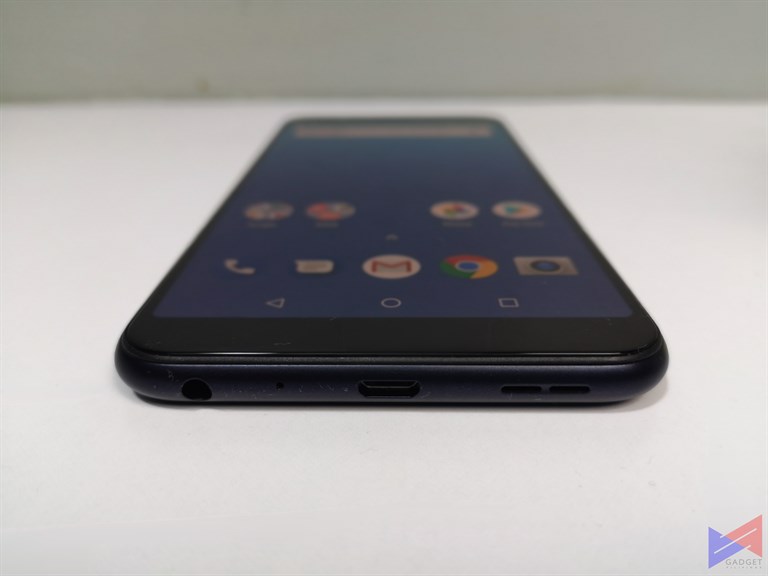 At the top of the device is a secondary noise cancelling microphone, while the bottom houses the speaker grill, headphone jack, and a standard microUSB port. I know, Type-C ports should be the thing these days, but at this price? I really can’t complain.
At the top of the device is a secondary noise cancelling microphone, while the bottom houses the speaker grill, headphone jack, and a standard microUSB port. I know, Type-C ports should be the thing these days, but at this price? I really can’t complain.
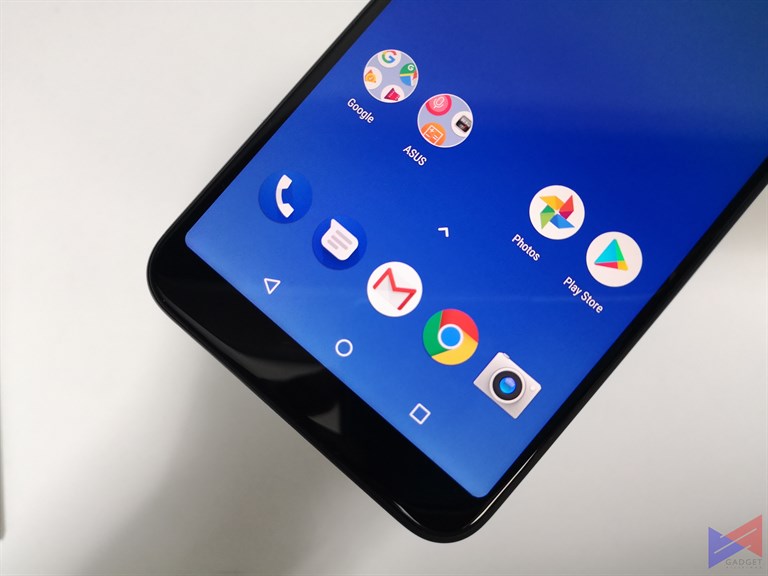 The Zenfone Max Pro has a 5.99-inch 18:9 display with FHD+ resolution, very common in smartphones these days. As far as quality is concerned, the display vivid, bright, and detailed.
The Zenfone Max Pro has a 5.99-inch 18:9 display with FHD+ resolution, very common in smartphones these days. As far as quality is concerned, the display vivid, bright, and detailed.
Performance
- zfmax pro m1 s 9
- zfmax pro m1 s 9
- zfmax pro m1 s 11
- zfmax pro m1 s 11
- zfmax pro m1 s 12
- zfmax pro m1 s 12
- zfmax pro m1 s 14
- zfmax pro m1 s 14
One of the most notable things about this phone is the processor that it’s running on – A Qualcomm Snapdragon 636. A chip that’s not very common for a device at this price point.
Despite the fact that it doesn’t have the AI-features of the Zenfone 5, the sheer performance alone should be enough to handle today’s games with no major issues.
 You should be able to play PUBG Mobile at Balanced settings and high framerate, Arena of Valor on HD Display and High Frame Rate Mode ON.
You should be able to play PUBG Mobile at Balanced settings and high framerate, Arena of Valor on HD Display and High Frame Rate Mode ON.
 Other games like Tekken and Real Racing 3 also run smoothly without any issues. The only thing that I can point out is that it only has 3GB of RAM, which may not be enough for heavy multi-tasking.
Other games like Tekken and Real Racing 3 also run smoothly without any issues. The only thing that I can point out is that it only has 3GB of RAM, which may not be enough for heavy multi-tasking.
Camera



Initial samples taken with the rear cameras show decent detail. I did notice that in Auto mode, there were times when color accuracy was off, as colors appear more pale versus the actual subject. It’s a hit and miss thing. Brightness was also an issue in some shots, as they came out dimmer than expected.
 You can apply a depth effect to blur out the background, and in this case, it’s accurate and shows minimal signs of pixelation. Selfies are of decent quality as well, despite that the bokeh effect is software induced.
You can apply a depth effect to blur out the background, and in this case, it’s accurate and shows minimal signs of pixelation. Selfies are of decent quality as well, despite that the bokeh effect is software induced.
Software
- zfmax pro m1 s 23
- zfmax pro m1 s 23
- zfmax pro m1 s 2
- zfmax pro m1 s 2
- zfmax pro m1 s 1
- zfmax pro m1 s 1
- zfmax pro m1 s 3
- zfmax pro m1 s 3
Another notable change here is the absence of ZenUI. ASUS is probably testing waters by using stock Android, offering a clean and clutter-free interface, and also allowing the phone to perform at its fullest with minimal risks of being bogged down by software issues.
The trade-off is of course, you no longer get some of the goodies that ZenUI has, such as AudioWizard, which lets you fine tune the sound settings. Even game genie, which blocks notifications and lets you record your gameplay is no longer here.
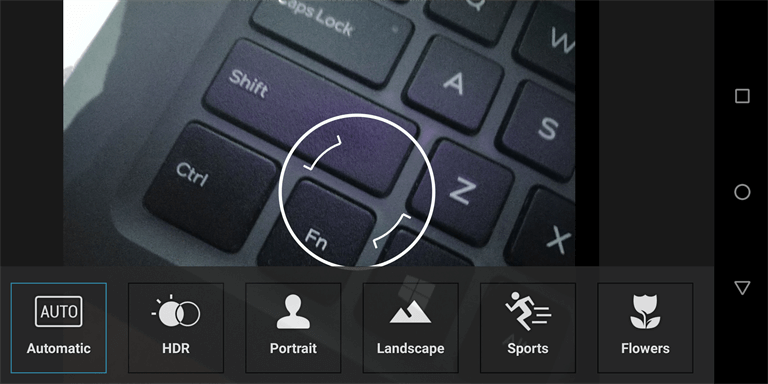 The camera app also looks much cleaner and organized. You can still unlock the phone by Facial Recognition, which works, but is a bit slow in comparison to fingerprint scanning.
The camera app also looks much cleaner and organized. You can still unlock the phone by Facial Recognition, which works, but is a bit slow in comparison to fingerprint scanning.
Battery
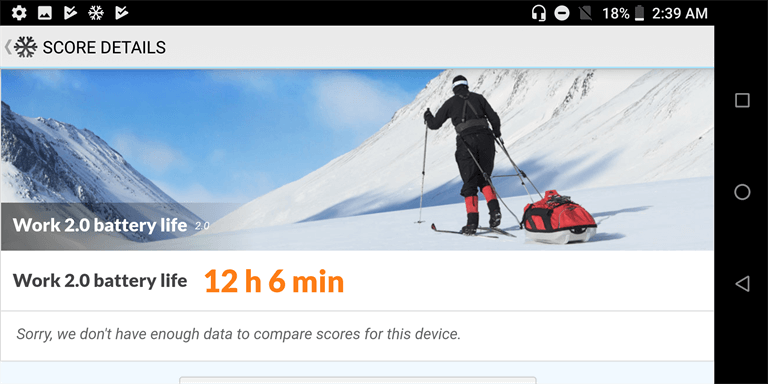 Of course, a Max device won’t be complete without good battery life. To that regard, the Zenfone Max Pro delivers a strong punch – 12 hours in PCMark’s Work 2.0 battery test, which simulates light to moderate use with various scenarios, such as simple video editing, and data manipulation.
Of course, a Max device won’t be complete without good battery life. To that regard, the Zenfone Max Pro delivers a strong punch – 12 hours in PCMark’s Work 2.0 battery test, which simulates light to moderate use with various scenarios, such as simple video editing, and data manipulation.
Using the supplied charger, the device went from zero to full in a few minutes shy of 3 hours. While that number is forgivable since we’re talking of a 5,000mAh battery, I wouldn’t really call it fast charging. Speaking of which, take note that BoostMaster fast charging will only work with the supplied charger.
Giveaway
ASUS and Gadget Pilipinas Zenfone Max Pro M1 Giveaway
Emman has been writing technical and feature articles since 2010. Prior to this, he became one of the instructors at Asia Pacific College in 2008, and eventually landed a job as Business Analyst and Technical Writer at Integrated Open Source Solutions for almost 3 years.







